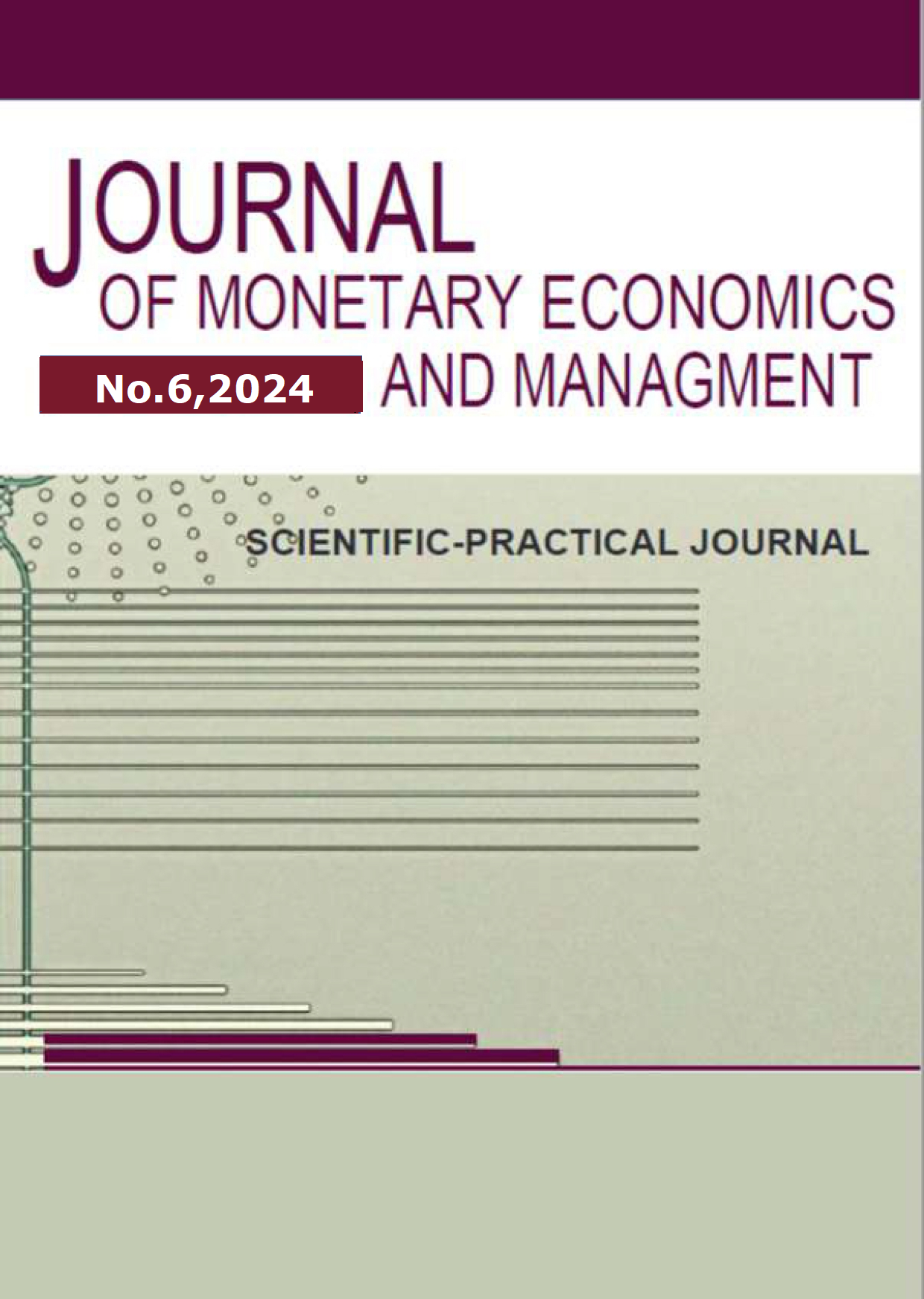Russian Federation
Russian Federation
Modern rural development programs are identified today by scientists and practitioners as an important tool for ensuring food security, preserving rural areas, and harmonious development of countries and regions. The content of such programs is determined not only by pressing current problems, but also by the general vectors of rural economy development, the state of the external environment in which rural life is organized and the rural economy functions. The formation of a comprehensive theoretical concept, on the basis of which it is possible to determine the content of effective policy documents, is an important scientific problem, the solution of which, among other things, is aimed at the research, the main results of which are presented in this article. An important research conclusion is that economic theories and interdisciplinary research, which are gaining popularity in new environmental conditions associated with the aggravation of the geopolitical situation, climate change, biological threats, require a reasonable synthesis of the results of existing investigations for the effective organization of policies to support rural areas in order to dynamic and, at the same time, harmonious development.
economic theory, rural development, rural business, government programs, regulatory effectiveness
1. Knickel K., Almeida A., Galli F. (eds). Transitioning towards a Sustainable Wellbeing Economy – Implications for Rural–Urban Relations // Land. 2021. Vol. 10 (5). P. 512.
2. Dobrokhotov K. O. Impact of Digitalization on Sustainable Development of Rural Areas // Science and Society. 2020. № 2 (37). R. 50.
3. Petrikov A. V. Strategicheskie napravleniya sovershenstvovaniya agrarnoy politiki Rossii v usloviyah sankcionnogo davleniya // Nauchnye trudy Vol'nogo ekonomicheskogo obschestva Rossii. 2022. T. 235. № 3. S. 122-133.
4. Petrikov A. V. Adaptaciya agroprodovol'stvennogo sektora k postpandemicheskoy real'nosti // Nauchnye trudy Vol'nogo ekonomicheskogo obschestva Rossii. 2020. № 223 (3). S. 99-105.
5. Golovina S. G., Smirnova L. N., Mikolaychik I. N. Chelovecheskiy kapital v social'no-ekonomicheskom razvitii sel'skih territoriy: regional'nyy aspekt. Ekaterinburg: Izd-vo Ural'skogo GAU, 2020. 366 s.
6. Baù M., Chirico F., Pittino D., Backman M., Klaesson J. Roots to Grow: Family Firms and Local Embeddedness in Rural and Urban Contexts // Entrepreneurship Theory and Practice. 2019. № 43 (2). R. 360-385.
7. Skripkina E. V., Latysheva Z. I., Eremenko O. V., Zhmakina N. D., Lisicyna Yu. V., Steperev D. Yu. Rossiyskiy agropromyshlennyy kompleks v usloviyah sankciy: ugrozy, riski, posledstviya // Vestnik Kurskoy gosudarstvennoy sel'skohozyaystvennoy akademii. 2023. № 5. S. 145-151.
8. Dupraz P., Guyomard H. Environment and Climate in the Common Agricultural Policy // EuroChoices. 2019. Vol. 18. No 1. P. 18-25.
9. Uzun V., Shagaida N., Lerman Z. Russian Agriculture: Growth and Institutional Challenges // Land Use Policy. 2019. № 83. R. 475-487.
10. Ulez'ko A. V., Zhukova M. A., Reymer V. V. Transformacionnye effekty perehoda k cifrovoy ekonomike // Ekonomika sel'skogo hozyaystva Rossii. 2019. № 2. R. 14-21.
11. Sovetova N. P. Rural Territories’ Digitalization: From Theory to Practice // Economic and Social Changes: Facts, Trends, Forecast. 2021. Vol. 14. № 2. R. 105-124.
12. Navarro A., López-Bao J. V. Towards a Greener Common Agricultural Policy // Nature Ecology and Evolution. 2018. Vol. 2. No. 12. P. 1830-1833.










